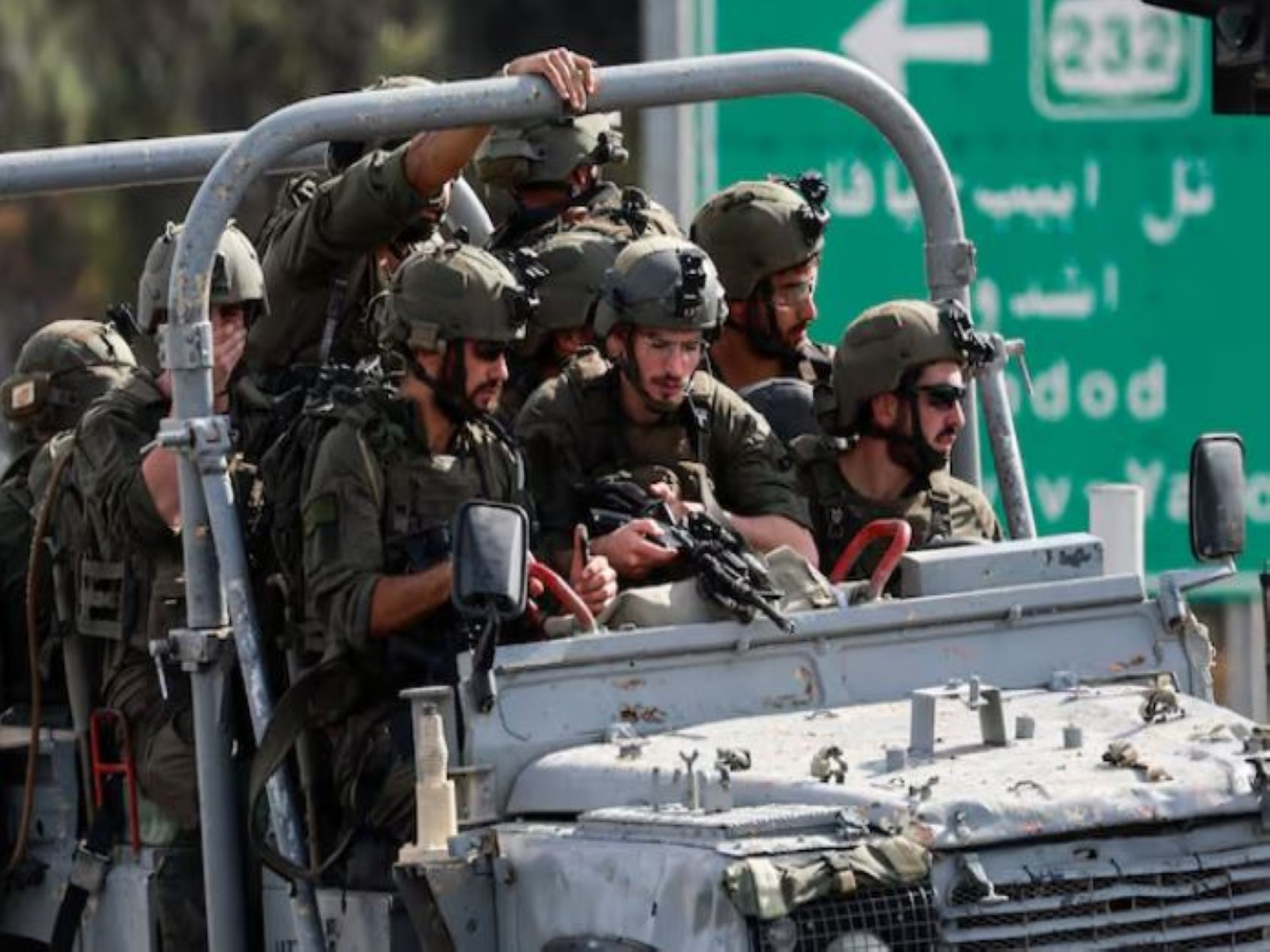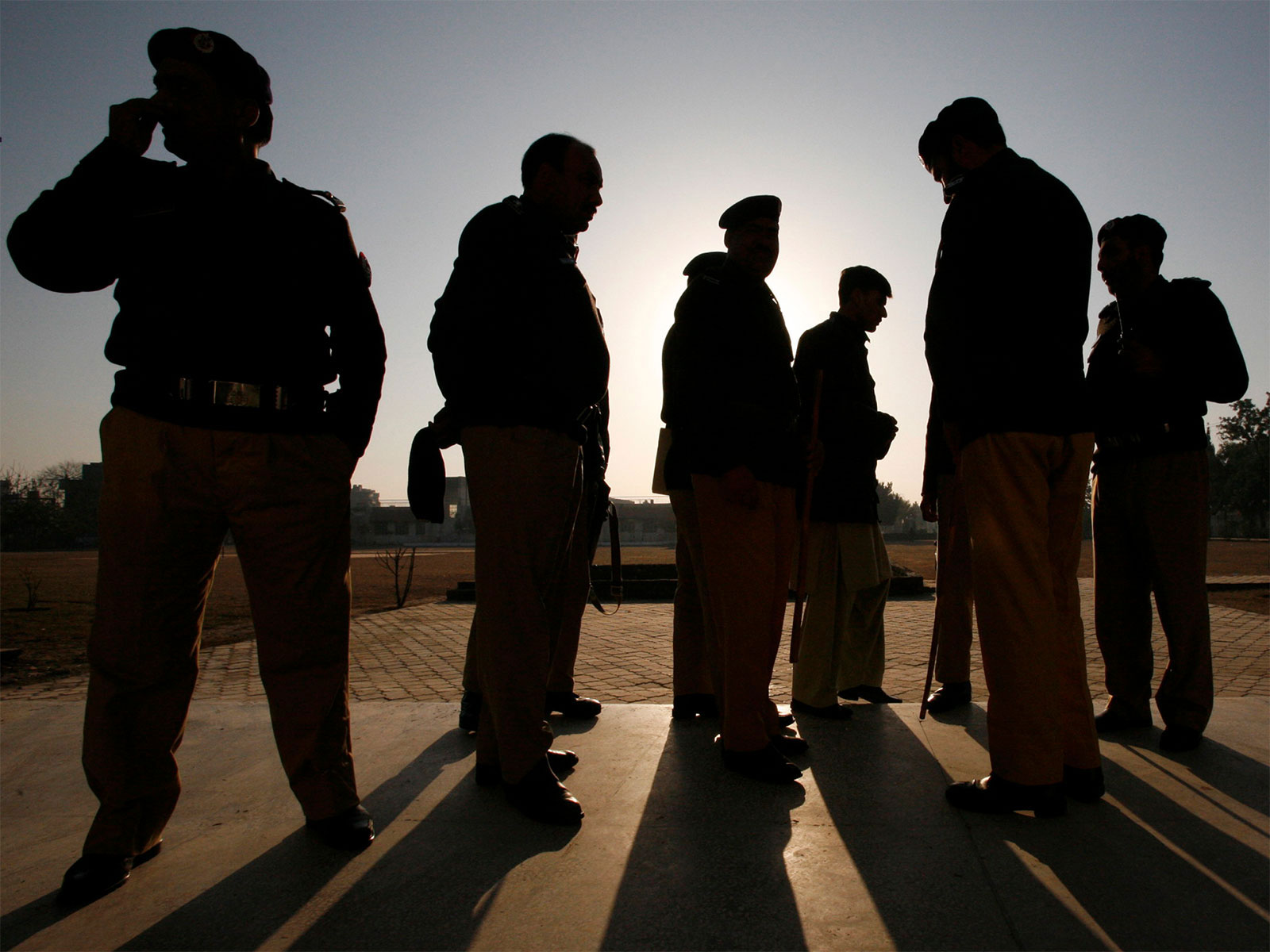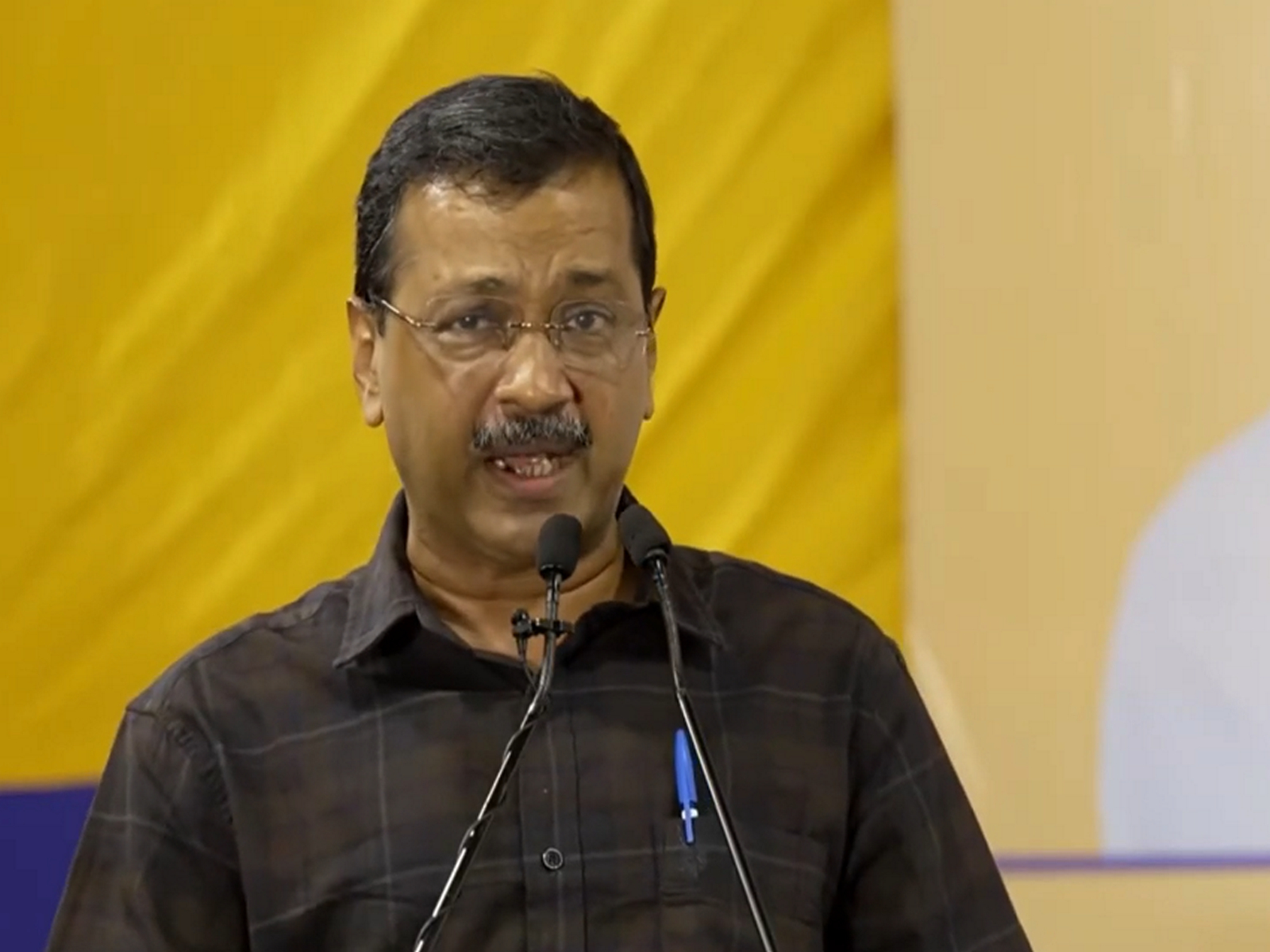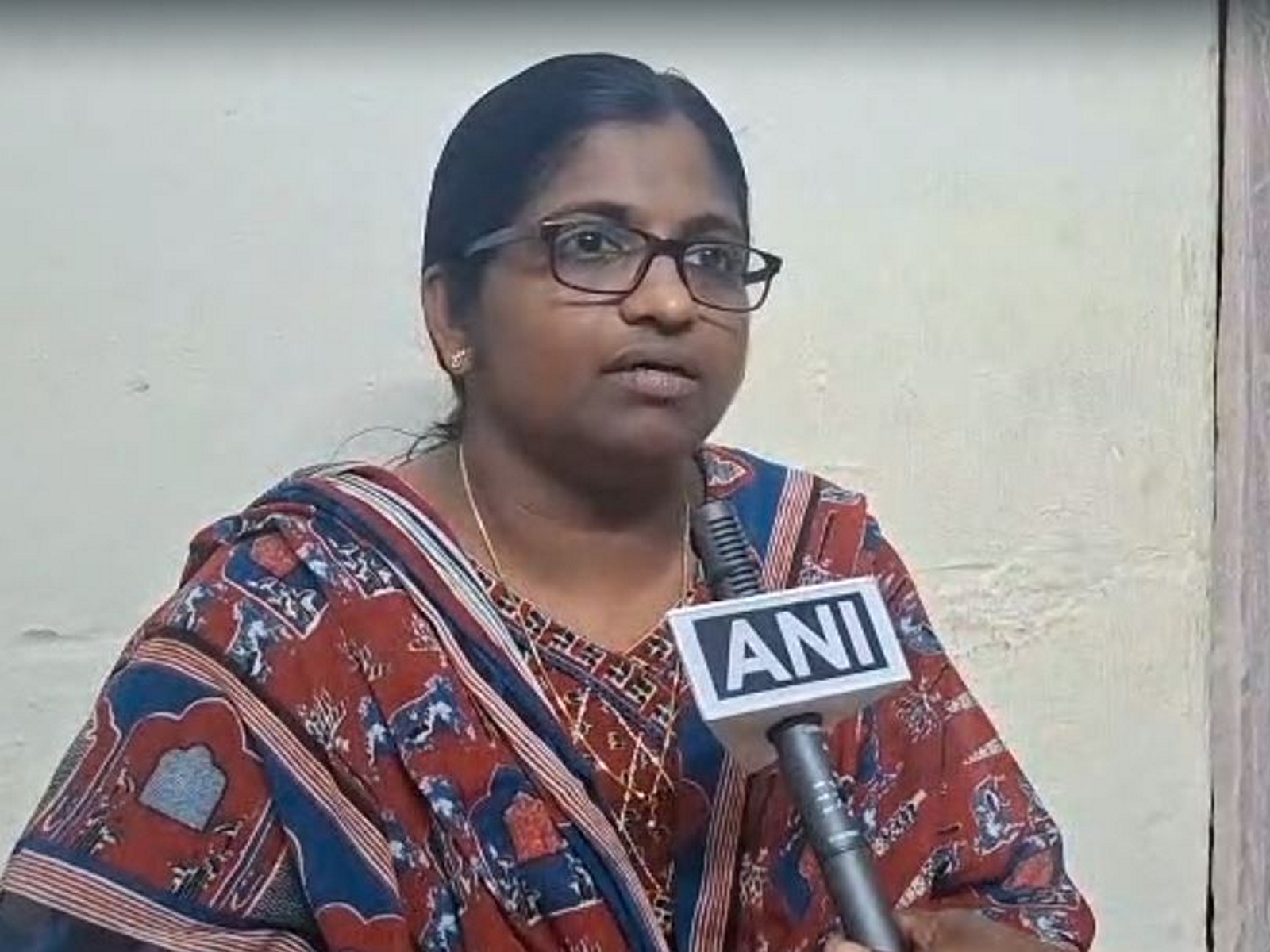ISIS-K continues to grow in Afghanistan: US CENTCOM chief
Mar 19, 2022

Washington [US], March 19 : The Islamic State-Khorasan (ISIS-K) continues to grow unabated in Afghanistan with the reigning Taliban regime finding it difficult to counter the threat, United States Central Command (USCENTCOM) chief General Kenneth McKenzie said on Friday.
"We assess probably a couple thousand, more or less, ISIS fighters in Afghanistan. Of course, when the Taliban opened Pul-e-Charkhi and Parwan prisons, it infused new talent and new energy into ISIS, so they're now reaping the result of that very short-sighted decision," McKenzie said during a press briefing as quoted by Sputnik News Agency.
He further said that ISIS-K will continue to be a tough target with the strength of their cadre expanding.
"I think the Taliban will try to take operations to limit ISIS. It will be interesting to see if they're able to do it because ISIS is going to be a tough target, there are more of them than there have been in the past, they are recruiting," McKenzie said.
The Islamic State is a Sunni Muslim terrorist group. It considers Shias heretics and has previously claimed several attacks in Afghanistan and neighbouring Pakistan.
The Islamic State Khorasan (ISIS-K) took responsibility for a devastating attack at the Shia mosque of Koocha Risaldar in Peshawar on March 4 that left more than 60 people dead, Islam Khabar reported citing a translation of an ISIS statement by the SITE Intelligence Group.
The Taliban claims that ISIS-K is not a threat and that once economic and administrative issues in Iraq are resolved, they will simply 'disappear'. However, in reality, the Taliban do not appear to be handling this threat so well, as ISIS-K carry out almost daily attacks against them, Alex Szokalski said writing in Policy Forum, Asia and the Pacific's platform for public policy debate, analysis, views, and discussion.
Notably, former members of the Afghan intelligence services and special forces who were trained by the United States and then forced out of work following the Taliban takeover are reportedly quick to join ISIS-K, providing the group specialised capabilities they once lacked, Policy Forum further reported.
If ISIS-K continues to develop support in the Khorasan region whilst degrading Taliban control of Afghanistan, it is not inconceivable that they will have the capacity to begin rebuilding or even rebranding. They could once again pose a sizeable threat to national, regional, and international security, added Szokalski.


















